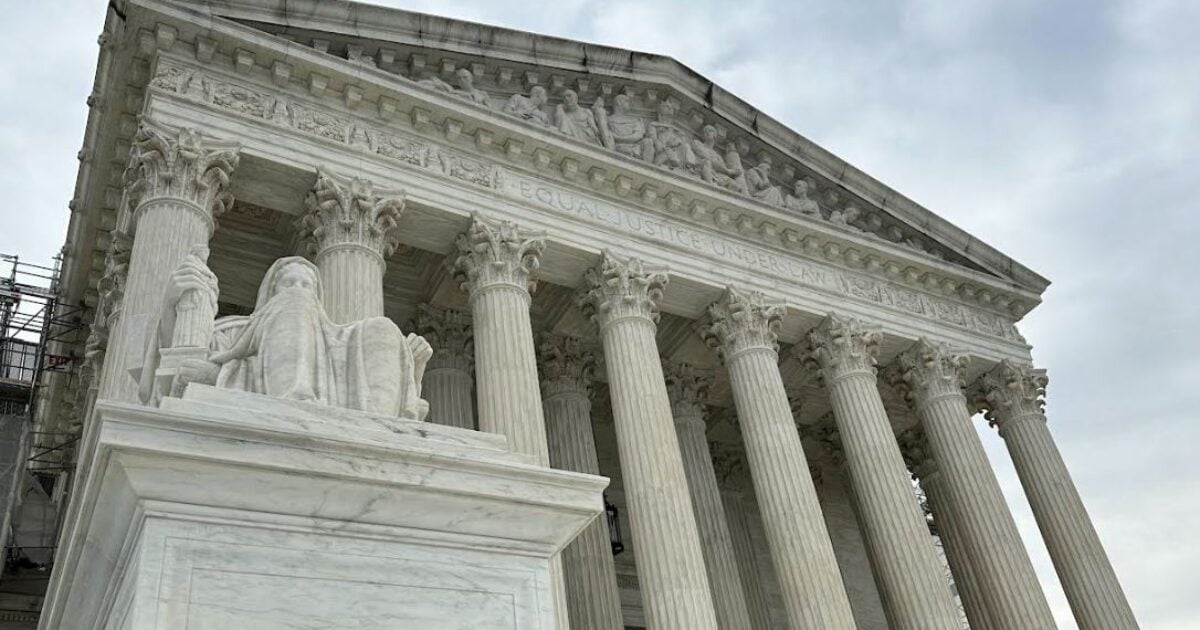A dramatic legal battle unfolded this week, centered on the fate of food assistance for millions of Americans. As a prolonged government shutdown stretched into its sixth week, a critical question arose: would Supplemental Nutrition Assistance Program (SNAP) benefits be fully funded, even with the government stalled?
The crisis began with a ruling from a Rhode Island district court judge, who boldly ordered the administration to continue full SNAP payments despite the shutdown. This directive, however, demanded a controversial solution – redirecting funds originally allocated to child nutrition programs.
The initial order sparked immediate backlash and a swift response. Late Friday evening, Justice Ketanji Brown Jackson issued a temporary halt to the judge’s decision, buying time as the First Circuit Court considered the legal arguments. This pause was initially set to expire within 48 hours of the First Circuit’s action.

The Supreme Court then stepped in, extending its own order blocking full SNAP payments to the states. This extension, initially until Thursday, mirrored the uncertainty gripping the nation as the shutdown dragged on, leaving families wondering about their next meal.
Adding a layer of complexity, Justice Jackson registered a dissent to the Supreme Court’s extension, a silent but significant signal of disagreement within the highest court in the land. The lack of a written opinion only deepened the mystery surrounding her reasoning.
A glimmer of hope emerged as the Senate finally moved to end the deadlock. After more than 40 days, senators voted on legislation to reopen the government, a crucial step towards resolving the SNAP funding dilemma.
The Senate’s action sent the legislation to the House of Representatives, where passage was anticipated. With the government poised to reopen, the Supreme Court extended its block on full SNAP payments one final time, until late Thursday evening, awaiting the outcome of the House vote.
The unfolding events highlighted the profound impact of political gridlock on essential social programs. Millions of vulnerable Americans found themselves caught in the crossfire, their access to food hanging in the balance as the legal and political battles raged on.





